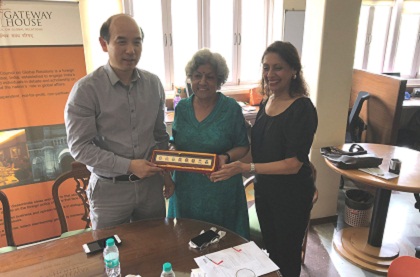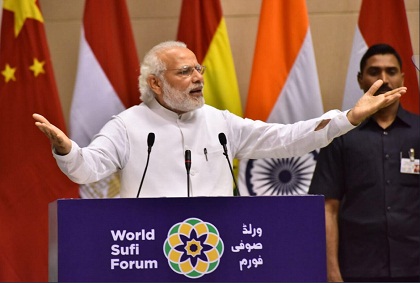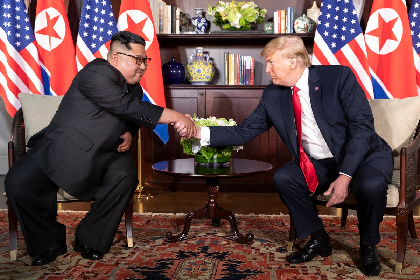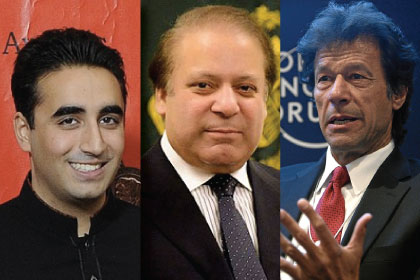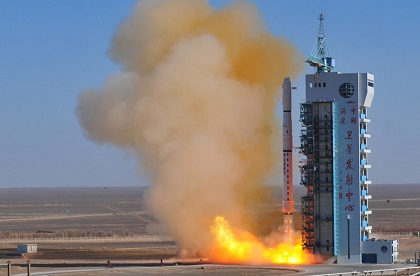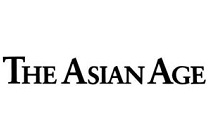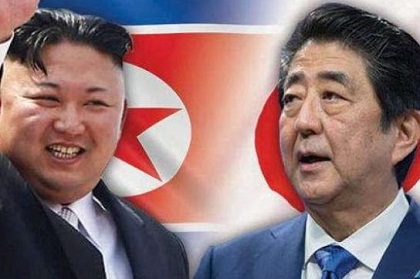Restating the case for BRICS
The annual diplomatic exercise next week takes place amid a complex global political scenario. The western alliance is deeply divided, Brexit is near and equations among the great powers are in a constant state of flux. BRICS may now do well to focus more on internal cooperation than global change




